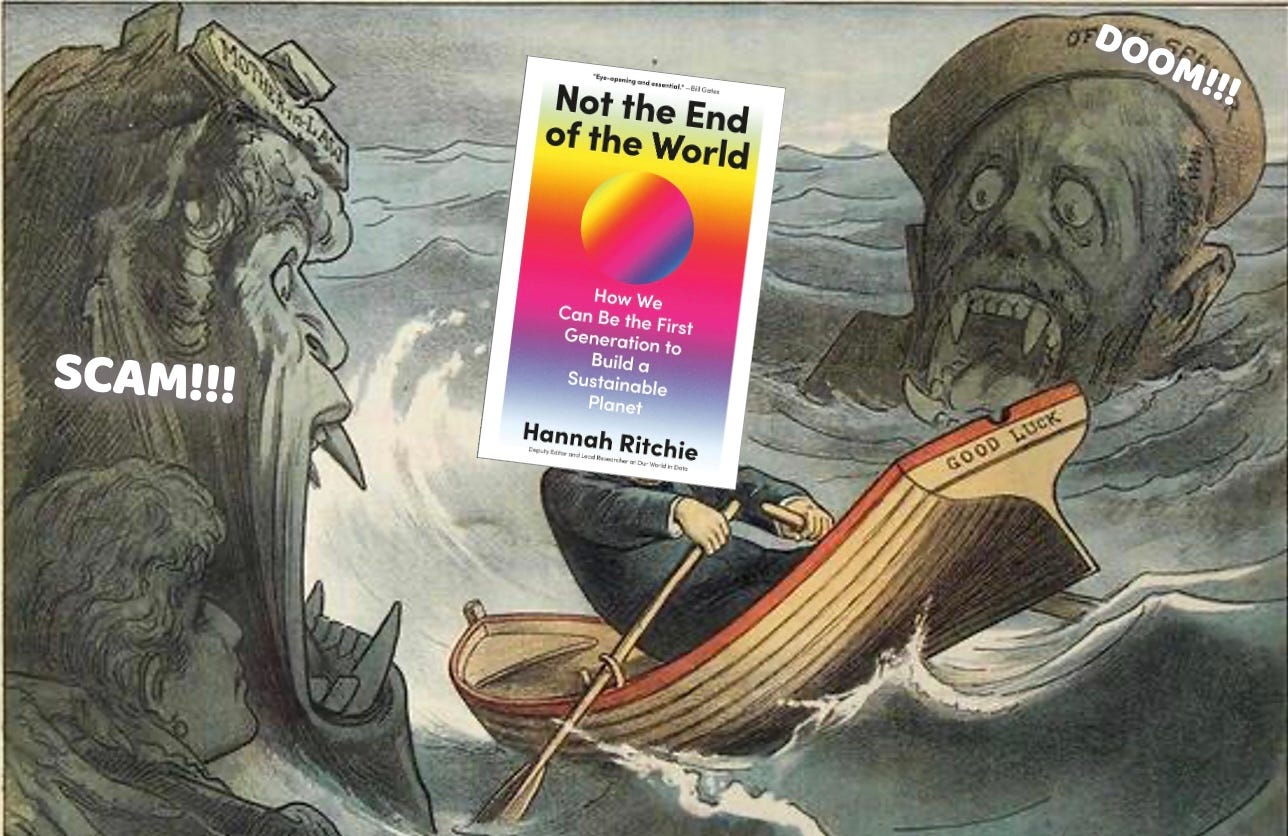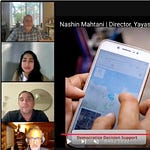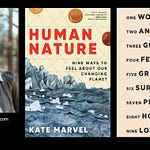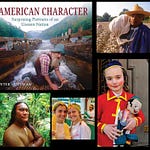I hope you'll watch, share and weigh in on this invaluable Sustain What conversation I just had with
, the lead researcher at Our World in Data and author of the Not the End of the World, an invaluable book offering a data-based foundation for discussion and action on the full span of sustainability challenges and choices, from stemming warming to spurring human advancement where the need is deepest.She’s getting an enormous amount of justified attention, including a TED Talk and a podcast session with Bill Gates (who also is a big financial supporter of Our World in Data). She’s also caught between edge-pushing data distorters or disbelievers proclaiming either doom or scam. It’s not a fun position to occupy.
I hope you’ll subscribe to, or share, Ritchie’s fine Substack dispatch
! Here’s a particularly fine post:In the second half of the chat, I asked Ritchie how she and the folks at Our World in Data deal with “qualitative data” - the meat and potatoes of social science (think of studies done by interviewing hundreds of people in a field or in a plight).
They don’t, really. I proposed that this body of science is easily as important to anyone trying to chart sustainable human pathways as the quantitative data and also proposed we plan a future webcast with scientists across disciplinary divides.
I mentioned a Sustain What webcast I did with two social scientists, Lisa Schipper and Dana Fisher, and a couple of journalists about this issue and hope you’ll check it out when you have time. Here’s a core moment with Schipper, a researcher long focused on societal factors that boost or reduce climate vulnerability.
Here’s the rest (viewing links and background): “Covering Climate Where Data are Scant and Beliefs Run Hot.”
Program note: On Tuesday, March 5th, at 2 p.m. ET, join me to explore what’s known about climate activists’ impacts on climate policy, from fossil-fueled backlash to the role of a “radical flank” in building mainstream attention.
My guest is Dana Fisher, a movement-focused sociologist who directs the Center for Environment, Community, and Equity at American University and is the author, most recently, of Saving Ourselves – From Climate Shocks to Climate Action.
Also read Fisher’s recent Nature commentary (with two coauthors): “How effective are climate protests at swaying policy — and what could make a difference?”
Join us on Facebook, LinkedIn or YouTube (paste your preferred link in your calendar now):



















Share this post